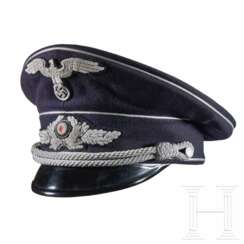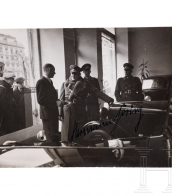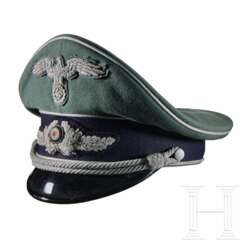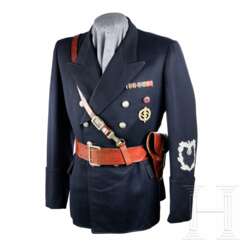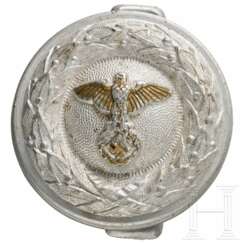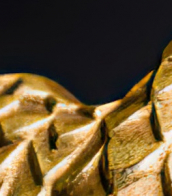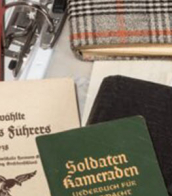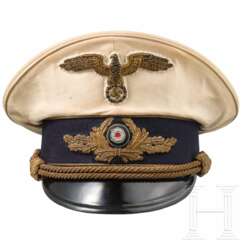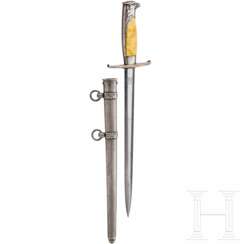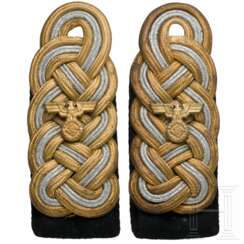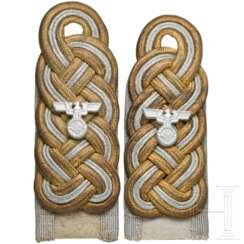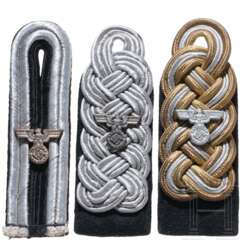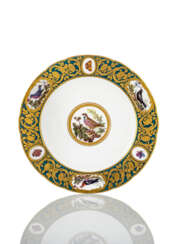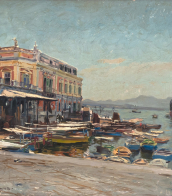110 Items by auctions and galleries:
diplomatic service
Lot 5458 Official uniform for a Ministerialdirektor in the diplomatic service
A106us: A US Lifetime Headgear Collection and other Imperial and WW II Collectibles 

Hermann Historica
A106us: A US Lifetime Headgear Collection and other Imperial and WW II Collectibles
Date: 08.11.2025 14:00 UTC +01:00
Number of lots in the catalog: 511
Lot 5456 Konsul Weber - a Uniform ensemble of a diplomat
A106us: A US Lifetime Headgear Collection and other Imperial and WW II Collectibles 

Hermann Historica
A106us: A US Lifetime Headgear Collection and other Imperial and WW II Collectibles
Date: 08.11.2025 14:00 UTC +01:00
Number of lots in the catalog: 511
Lot 5475 Joachim von Ribbentrop - silverware from his personal table service
A106us: A US Lifetime Headgear Collection and other Imperial and WW II Collectibles 

Hermann Historica
A106us: A US Lifetime Headgear Collection and other Imperial and WW II Collectibles
Date: 08.11.2025 14:00 UTC +01:00
Number of lots in the catalog: 511
Lot 5476 Joachim von Ribbentrop - silverware from his personal table service
A106us: A US Lifetime Headgear Collection and other Imperial and WW II Collectibles 

Hermann Historica
A106us: A US Lifetime Headgear Collection and other Imperial and WW II Collectibles
Date: 08.11.2025 14:00 UTC +01:00
Number of lots in the catalog: 511
Lot 5477 Joachim von Ribbentrop - silverware from his personal table service
A106us: A US Lifetime Headgear Collection and other Imperial and WW II Collectibles 

Hermann Historica
A106us: A US Lifetime Headgear Collection and other Imperial and WW II Collectibles
Date: 08.11.2025 14:00 UTC +01:00
Number of lots in the catalog: 511
Lot 5478 Joachim von Ribbentrop - silverware from his personal table service
A106us: A US Lifetime Headgear Collection and other Imperial and WW II Collectibles 

Hermann Historica
A106us: A US Lifetime Headgear Collection and other Imperial and WW II Collectibles
Date: 08.11.2025 14:00 UTC +01:00
Number of lots in the catalog: 511
Lot 5479 Joachim von Ribbentrop - silverware from his personal table service
A106us: A US Lifetime Headgear Collection and other Imperial and WW II Collectibles 

Hermann Historica
A106us: A US Lifetime Headgear Collection and other Imperial and WW II Collectibles
Date: 08.11.2025 14:00 UTC +01:00
Number of lots in the catalog: 511


